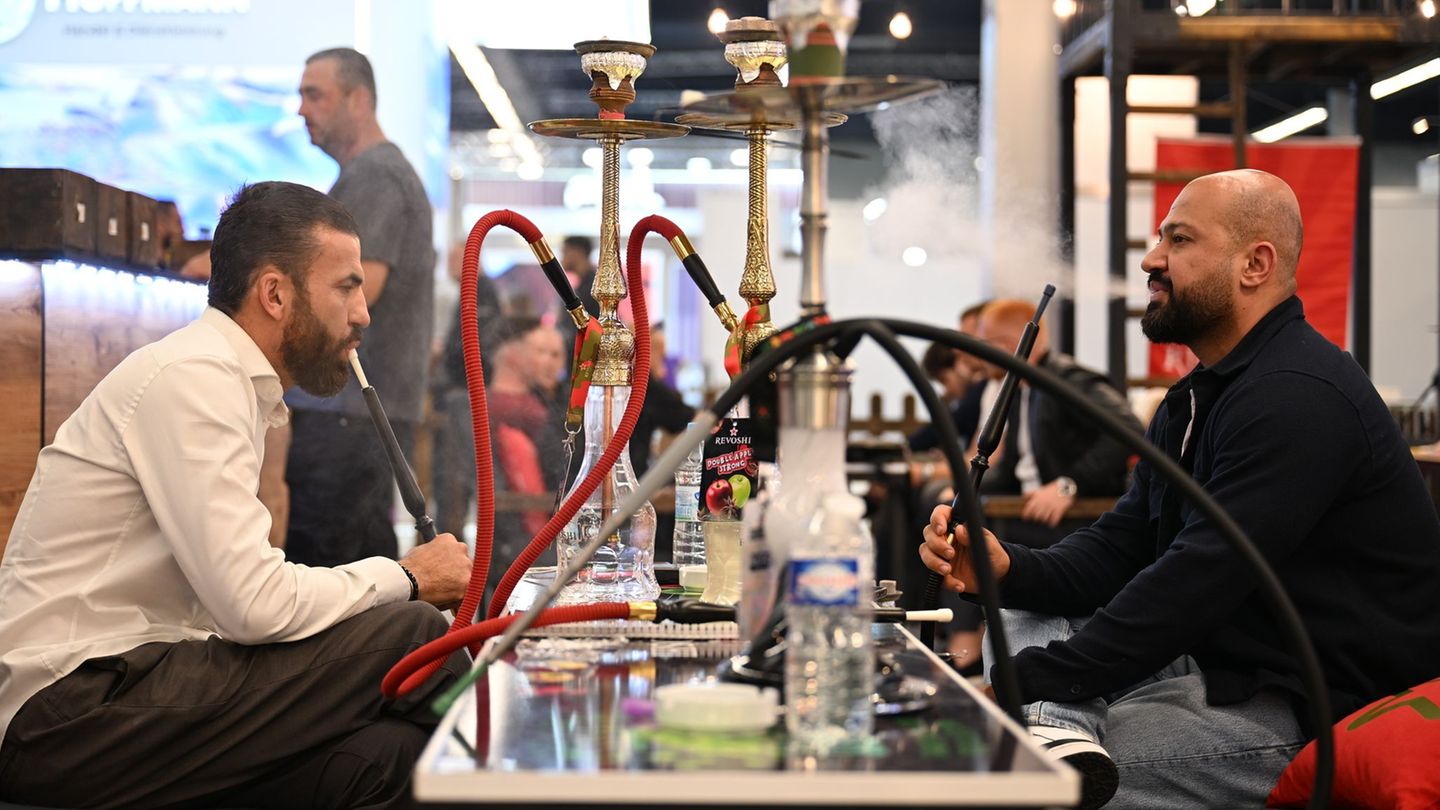During the last decades, a marked growing trend was observed worldwide in relation to the consumption of vegetable oils. Between the 2002/03 and 2021/22 campaigns, the projected increase in global consumption is 124%, highlighting the estimated increases for palm oil (+186%), sunflower (+172%), rapeseed (+123% ) and soy (102%). When analyzing the composition of the consumption of this type of oil, palm and soybean oils are the most important, with 34% and 27% of the total. Sunflower oil, with a 9% share, is in 4th place, below rapeseed (13%). These estimates are even prior to the armed conflict and belong to the Bahía Blanca Stock Exchange.
As is already known, the production of sunflower oil is concentrated in the Black Sea region, with Ukraine and Russia being the main producing countries. In addition, both are the largest exporters globally, with 50 and 28.5% respectively. They are followed by Turkey and the EU with 5.6% and Argentina with 4.7%.
Sunflower oil in Argentina has shown a different behavior than that observed in global terms. In the period between the 2002/03 – 2021/22 cycles, the fall and subsequent stagnation of sunflower seed production and, therefore, of the production and marketing of its oil is significant.
cutout.png
Source: Bahía Blanca Stock Exchange
Among the factors causing the reduction in the area destined for sunflower -and its negative impact on the production and marketing of oil- we can mention: changes in the export rights scheme (both in seed and in oil), expansion of the agricultural frontier and the appearance of favorable conditions for the development of other crops (such as soybeans) and the fact that the main competitor countries (Russia and Ukraine) significantly increased seed production and processing capacity.
If the destinations of national exports are analyzed, in line with global changes, countries such as India and China have increased their participation. On the other hand, it is worth noting the significant increase in shipments to Latin American countries, such as Chile and Brazil -who, at the beginning of the analyzed period, practically did not register purchases of sunflower oil in Argentina-. On the contrary, there are destinations that have drastically reduced their participation. Among them is Europe, which beginning in the 2000s was the main destination for Argentine sunflower oil exports (with more than 55% of shipments). But this was reversed and shipments to the European continent came to represent less than 6% of the total. The main cause was the modification of the Maximum Residue Limits applied by the EU.
Despite the loss of participation of sunflower in relation to its thick competitors, the situation was favorable when deciding the summer plans for the 2021/22 cycle. The attractive international prices of oil, together with the improvement in gross margins for producers, were key factors in the increase in area at the national level of 13.8% yoy, reaching 1.65 million hectares.
Could it be an opportunity?
With the beginning of the war, the international price of sunflower oil jumped from US$1,500 to US$1,700, while the Argentine FOB went from US$1,385 at the beginning of February to US$2,000 now.. But the price of oil is not only affected by the war but also by the drought in South America.
According to the Buenos Aires Cereal Exchange (BCBA), the current 2021/22 sunflower campaign, which is in full harvest, would reach 3.3 million tons, in line with what was obtained in the past cycle and with the historical average of last. Of that total, more than 90% will be transformed into oil, while possibly some 700,000 tons will be exported. The war conflict can benefit prices and thus increase the area planted for export. But for the industry, the trust to the domestic market blocks that opportunity.
The trust was created through an Agreement Act signed on December 30, 2020 between the sector and the Ministry of Agriculture, Livestock and Fisheries together with Productive Development. “This trust was established to ensure the general economic interest through an internal compensation system that allows stimulating free competition, guaranteeing internal supply and ensuring fair and reasonable prices for consumers,” the statement said while noting which will be in force until 2023.
The trust represents an amount of US$190 million per year and is made up of individuals and individuals who operate in the soybean and sunflower market, and are registered in the Single Registry of the Agrifood Chain (RUCA). As for the products subject to compensation, “Packaged Oils” are established (refined edible oils intended for the domestic market for final and family consumption in containers of up to three liters) and “Refined Oils” (soybean, sunflower and/or their mixes). Through the text published today, the volume of packaged oils that will be subject to compensation is 29 million liters per calendar month, in a minimum proportion of eighty percent (80%) of pure sunflower oil. It also provides that the base price of bottled oils be adjusted according to a formula during the term of the trust.
In this sense, despite the fact that the oil industry assures that the high prices will not be compensated by the validity of the trust, it will be key to promote this product so that Argentina takes advantage of the opportunity presented to it to place this “star product” again in the world.
Source: Ambito
David William is a talented author who has made a name for himself in the world of writing. He is a professional author who writes on a wide range of topics, from general interest to opinion news. David is currently working as a writer at 24 hours worlds where he brings his unique perspective and in-depth research to his articles, making them both informative and engaging.




